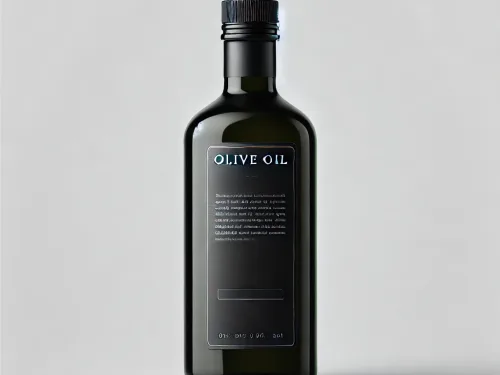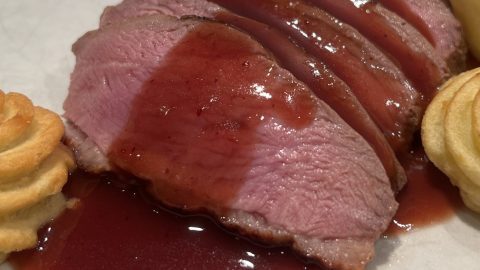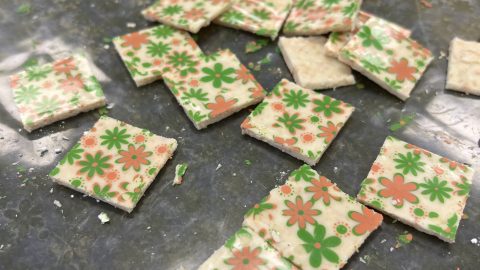Olive oil is a vegetable oil extracted from olives, the fruit of the olive tree (Olea europaea). It is often used in cooking, baking, and as a dressing.
Extra Virgin Olive Oil: The highest quality olive oil, unrefined and with low acidity. It has a rich flavor and is ideal for dressings and cold dishes.
Virgin Olive Oil: Less refined than extra virgin, but still pure and unrefined. Suitable for cooking and baking.
Refined Olive Oil: Chemically treated to remove impurities. Neutral flavor and ideal for high temperatures.
Light/Extra Light Olive Oil: Misleading term referring to taste and color, not calorie content. Ideal for baking and roasting.
Rich in monounsaturated fats that help lower bad cholesterol.
Contains antioxidants such as vitamin E, which have anti-inflammatory properties.
May contribute to healthy digestion and reduce heart disease.
Store olive oil in a cool, dark place away from direct sunlight and heat sources. Seal the bottle tightly to prevent oxidation.
Yes, especially refined olive oil and light olive oil are suitable for baking and frying because they have a higher smoke point. Extra virgin olive oil is better for cold use or light heating.
Extra Virgin Olive Oil: around 160-190°C
Refined Olive Oil: around 220°C
Light/Extra Light Olive Oil: around 240°C
Olive oil is one of the healthiest oils because of its high concentration of monounsaturated fats and antioxidants. It is often recommended as a healthier choice compared to saturated fats such as butter and coconut oil.
Cold Pressing: Olives are pressed at low temperatures, which results in a higher quality oil with more flavor and nutrients.
Hot Pressing: Olives are pressed at higher temperatures, which produces more oil but can reduce quality.
Look for certifications such as DOP (Denominazione di Origine Protetta) or IGP (Indicazione Geografica Protetta), check the production date and choose oil in dark bottles to preserve quality. Taste for freshness and a balanced, fruity flavor.
Yes, olive oil can go rancid if exposed to air, light or heat for too long. Rancid oil smells and tastes unpleasant. Store correctly and use within one year of opening for best taste.



